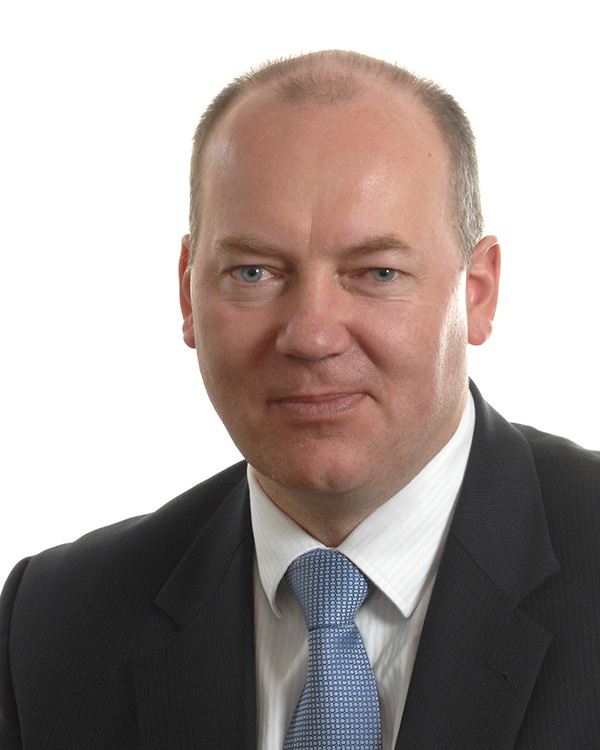Working Group
Accident Reporting and Investigations
Problem
‘Blame culture’ has become very prevalent in maritime accident reporting and investigations, prohibiting effective problem solving and the advancement of the maritime industry.
When accidents happen onboard ships it is typically the seafarer who pays the price – first by suffering injury or death in the accident, and second by being blamed for the incident.
The maritime industry does itself, and those who work in it, a great disservice by pointing fingers in this simplistic way. This phenomena has been deemed “blame culture” by many in the industry, and it must not continue.
Objective
The goal of this working group is to improve the maritime accident investigation process, with the goal of ending ‘Blame Culture.’ Through its activities, this Working Group aims to propose improvements to the investigation process to foster better communication, improve safety within the shipping industry, and improve the relationship between shore and ship.
The absence of personal blame encourages employees to explore new ways of problem-solving and experimentation. The hope is that the work developed by this Working Group will aid in fostering an environment that promotes innovation and creativity in problem solving.
Our Objective is to change the Accident Investigation Codes of Conduct. We aim to achieve this by digging deeper into investigations, asking questions such as:
- Why was it done that way?
- Who was responsible for employing this person?
- Who was responsible for supervising this person?
- Who was responsible for training this person?
- In order to check where are the system shortcomings.
- Is the Environment Safe?
- If not, why not?
Upon answering the above questions, an additional set of questions should also be asked:
- Was risk assessment done?
- Why did it fail?
- Was there a standard Working Procedure in place?
- Did it fail?
Mission
To improve the maritime accident investigation process, foster better communication, improve safety within the shipping industry, and improve the relationship between shore and ship.
Proposed Activity Items
The proposed plan for this group is to carry out reviews of investigations carried out by different flag states. The aim of these reviews is to identify the shortcomings of investigations to help us better understand what is preventing the shipping industry from moving forward. From these reviews, members of the working group will propose improvements to the investigation process.
The proposed efforts of this working group have been broken up into three steps:
STEP 1
Re-investigate latest accidents with ‘No Blame’ approach.
STEP 2
Identify roadblocks.
STEP 3
Create Management of Change compatible procedure which would allow abandonment of ‘Blame Culture.’
Resources
Existing Protocols & Procedures
Participants

Capt. Kuba Szymanski
Chairperson
Capt. Kuba Szymanski
Captain Kuba Szymanski is the Secretary General for InterManager, the international trade association for the ship and crew management sector.
He began his sea career in 1985. Graduating from the Maritime University of Szczecin with a Master’s Degree, he became a deck officer with Dorchester Maritime Limited Isle of Man where he sailed gas/chemical/product tankers, reaching his first command as a Master in 1999. He continues to maintain his Captain’s Licence.
In order to support his managerial skills, he attended Lloyds Academy and obtained a Certificate in Ship Superintendence, before gaining an MBA at the International Business School, Isle of Man and John Moores University (JMU) Liverpool.
In his roles ashore, he worked as a Marine Superintendent, HSEQ Manager, Fleet Manager and General Manager. He was appointed Secretary General of InterManager in January 2010.
Through his role with InterManager, Capt Szymanski has participated in many industry-wide projects, including the production of international shipping industry Key Performance Indicators (KPI), the Save Our Seafarers campaign, and the Martha Project which focussed on seafarer fatigue at sea. He currently chairs the Human Element Industry Group (HEIG) Enclosed Space Committee. During the Covid-19 pandemic Capt Szymanski represented InterManager on a number of key maritime panels, supporting the health and well-being of seafarers around the world and helping to ensure business continuity for the global supply chain.
In addition to being a member of the Maritime Professional Council of the UK, Capt Szymanski is a fellow of the Nautical Institute and a member of its Executive Board. In 2011 he joined the TK Foundation, which supports non-profit maritime and youth programs, and he currently chairs its HR and Renumeration Committee.
Capt Szymanski is a familiar face on the international maritime conference circuit and also lectures on ship management at the International Business School, Isle of Man. In July 2018 he was awarded an Honorary Doctorate by Solent Southampton University in recognition of his contribution to the maritime industry.
In April 2022 Capt Szymanski took up the additional role of Chair of the Board of the 200-year-old Seafarers Hospital Society (SHS), the UK’s oldest maritime charity. SHS provides a range of health and welfare services to UK-based seafarers and their dependants.
In his leisure time, Kuba is a keen yachtsman and races sails his Beneteau First 40.7 competitively around Europe, mostly double or single handed. He is married with a son who is also a seafarer.
Get Involved
Looking to get involved in this Working Group? Please fill out the following form to request participation in the Working Group.

